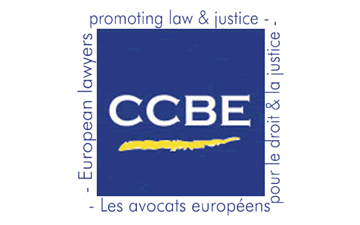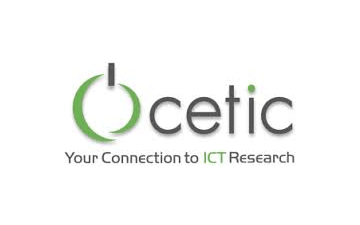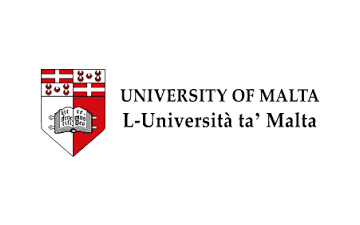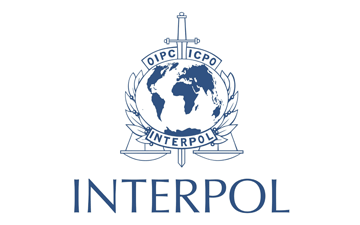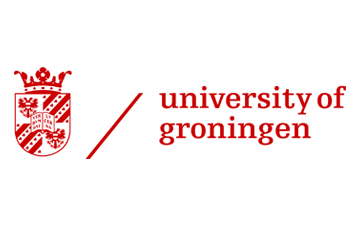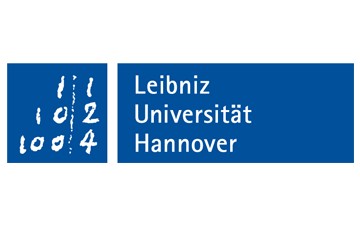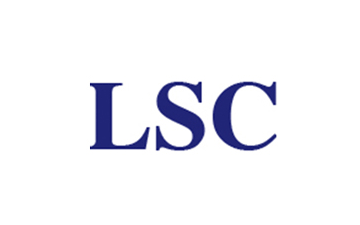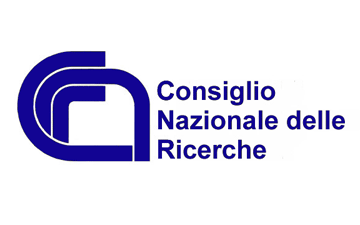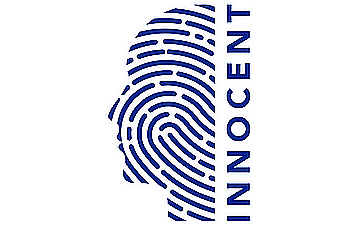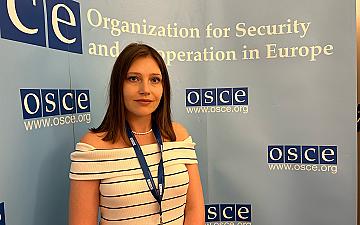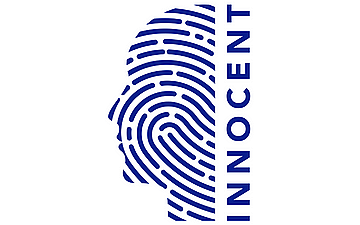European Informatics Data Exchange Framework for Courts and Evidence (EVIDENCE)
Projects / Completed
Acronym: EVIDENCE
Period: March 2014 - October 2016
Status: Finished
Description
All legal proceedings rely on the production of evidence in order to take place. Electronic evidence is no different from traditional evidence in that is necessary for the party introducing it into legal proceedings, to be able to demonstrate that it is no more and no less than it was, when it came into their possession. In other words, no changes, deletions, additions or other alterations have taken place. The very nature of data and information held in electronic form makes it easier to manipulate than traditional forms of data. When acquired and exchanged integrity of the information must be maintained and proved. Legislations on criminal procedures in many European countries were enacted before these technologies appeared, thus taking no account of them and creating a scenario where criteria are different, uncertain, regulations are not harmonized and aligned and therefore exchange among MS jurisdictions and at transnational level is very hard to be realized. What is missing is a Common European Framework to guide policy makers, law enforcement agencies and judges when dealing with digital evidence treatment and exchange.
EVIDENCE aims at providing a road map (guidelines, recommendations, and technical standards) for realising the missing Common European Framework for the systematic and uniform application of new technologies in the collection, use and exchange of evidence. This road map incorporating standardized solutions would enable policy makers to realize an efficient regulation, treatment and exchange of digital evidence, legal enforcement agencies as well as judges/magistrates and prosecutors and lawyers practising in the criminal field to have at their disposal as legal/technological background a Common European Framework allowing them to gather, use and exchange digital evidences according to common standards and rules. EVIDENCE activities will enable the implementation of a stable network of experts in digital forensics communicating and exchanging their opinions.
The project is supported by the European Commission, Section ‘Security’, Subsection ‘Ordinary crime and forensics’, with financing under Seventh Framework Programme (FP7); and is coordinated by the Institute of Legal Information Theory and Techniques at the Italian National Research Council. Bulgaria is in partnership with 8 other partners from 6 different countries.
Law and Internet Foundation is responsible for the implementation of WP11 ‘Dissemination and Stakeholders Awareness’.

